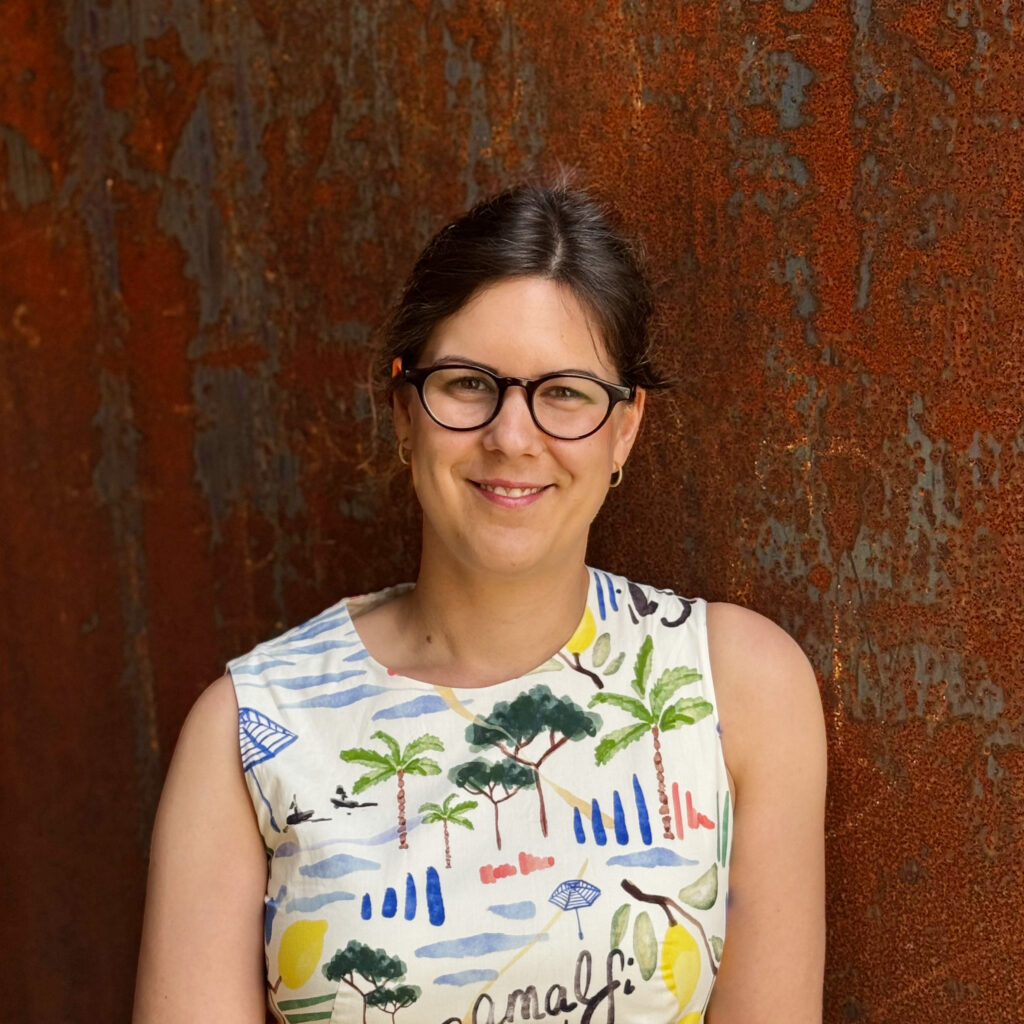Experiencing an epidemic or the widespread outbreak of a contagious disease leaves wounds that can never be undone. Because an epidemic is defined by contagion and its impact on society, its effects unfold on two levels, unlike events such as accidents. On one level, an epidemic is a physical infection caused by a pathogen, but it is also a kind of social contagion, catalysing both human and nonhuman behavioural dynamics. My project on the poetics of experience as it relates to epidemic disease explores how literary texts – in conversation with factual records – offer a narrative means of reimagining the otherwise irreversible damage caused by an epidemic.
I examine the repair of recovery and healing from two perspectives: just as infection leaves physical scars, epidemics also inflict psychological and social wounds – preserved in texts as “narrated scars.” The crux of the project is the idea of contagion – both in terms of how literature portrays infrastructural practices of repair, such as infection control and prevention, and in how the spread of disease mirrors social contagion, complemented by considerations of contagion as a narrative technique. A key focus is the relationship between fictional epidemic narratives and factual accounts (chronicles, records, diaries, or blogs) and how these shape the narrative techniques the texts employ. Equally important are the spaces in which epidemic experience unfolds. On a topographic level, this includes the contrast between city and countryside, as well as the specific settings where illness is personally experienced (private homes, hospitals, doctors’ offices) and the public sphere as a site of both potential contagion and shifting social interactions. The body itself becomes a site of wounding – both from the perspective of first-person narrators who have fallen ill and in third-person descriptions of sick bodies. Finally, I also examine the inner world of narrators and protagonists as a space for processing and making sense of epidemic experience. I propose understanding the spaces of this experience as arenas for imagining the future – as spaces that take shape through various forms of polyphony, both within texts and in their intertextual dialogue with one another. With a perspective spanning from the Black Death to contemporary epidemics and pandemics, the project examines how epidemic experiences unfold across different eras. It highlights narration as a means of countering the inhumanity exposed by epidemics, formal enquêtes into their causes and effects, and epidemic discourse as metaphor. These elements are central to redefining a poetics of experience rooted in contagious diseases and its reparative role in the twenty-first century.
DR. HANNAH STEURER
CURRICULUM VITAE
Hannah Steurer is the programme director for the research focus on experience at the Käte Hamburger Centre CURE; her own work focuses in particular on the poetics of experience as it relates to epidemic diseases. She is also interested in urban modes of writing, material cultures, and dream aesthetics, especially in French and Italian literature. She studied Romance languages and German studies, earning her PhD in 2020 with a dissertation titled “Tableaux de Berlin:Französische Blicke auf Berlin vom 19. bis zum 21. Jahrhundert” (Tableaux de Berlin: French Views on Berlin from the Nineteenth to the Twenty-First Century), which received the Dr. Eduard Martin Prize. Following her doctorate, she held a postdoctoral position in the research training group “European Dream Cultures,” funded by the German Research Foundation. In 2022, she joined the Excellence Programme for Women in Academia at Saarland University.
